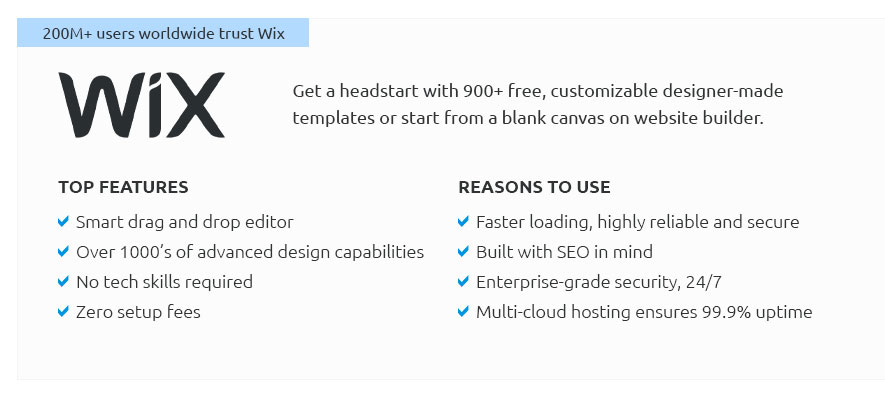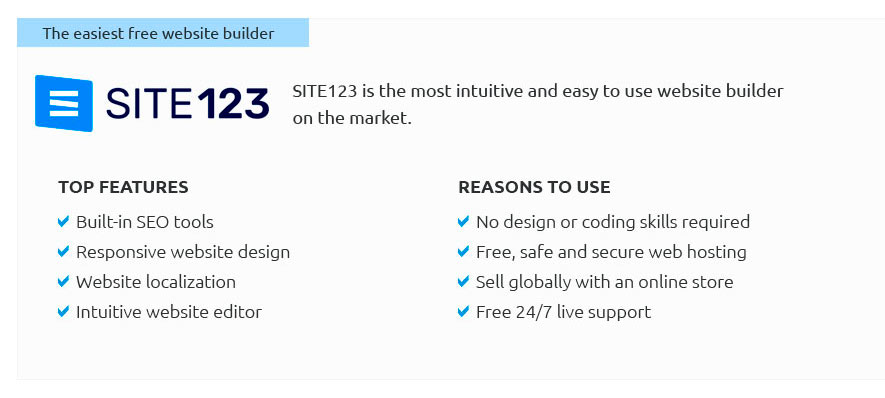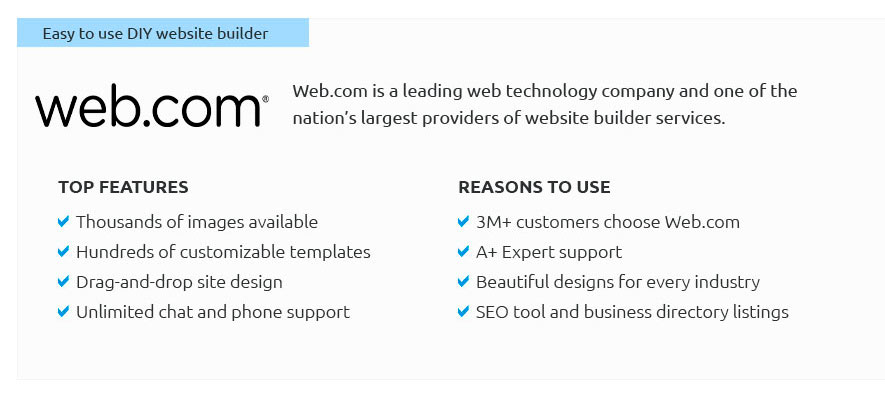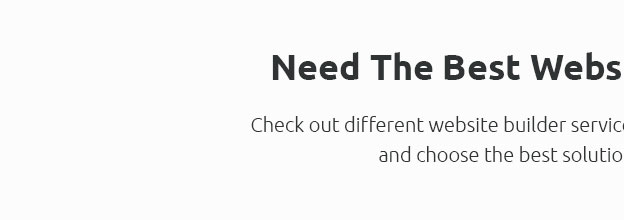 |
 |
 |
 |
|
 |
 |
 |
|
 |
|
 |
 |
|
 |
|
 |
|
 |
 |
Best Website Creating Platforms: A Comprehensive GuideCreating a website has become essential for businesses, bloggers, and creatives. Choosing the right platform can make all the difference in how effectively you reach your audience. This guide explores some of the best website creating platforms available today. WordPress: The Versatile PowerhouseWordPress is often the first name that comes to mind when thinking about website creation. Known for its flexibility and powerful features, it's an excellent choice for both beginners and advanced users. Pros of Using WordPress
Cons of Using WordPress
For more on the best way to start a website using WordPress, explore detailed guides and resources. Wix: User-Friendly Drag-and-DropWix is renowned for its ease of use and straightforward drag-and-drop interface, making it perfect for those new to website building. Benefits of Wix
Drawbacks of Wix
Squarespace: Sleek and ProfessionalSquarespace is ideal for creatives looking to showcase their work with beautifully designed templates and a focus on aesthetics. Advantages of Squarespace
Disadvantages of Squarespace
If you're considering starting a blog, Squarespace offers a streamlined approach, but it's also worth exploring other options in how to start a blog effectively. Shopify: The Ecommerce SpecialistFor those focused on selling products online, Shopify stands out as a specialized ecommerce platform with robust features. Strengths of Shopify
Limitations of Shopify
FAQWhich platform is best for beginners?Wix is generally considered the best platform for beginners due to its easy drag-and-drop interface and no requirement for coding skills. Can I switch platforms later?Yes, you can switch platforms, but it can be complicated. It's important to choose a platform that aligns with your future needs from the start to avoid potential hassles. Is WordPress better than Wix?It depends on your needs. WordPress offers more flexibility and is better for complex sites, while Wix is more user-friendly for simple site creation. How much does it cost to start a website?Costs vary widely depending on the platform and additional services you choose. Basic plans can start as low as a few dollars per month, but advanced features and ecommerce capabilities will cost more. https://www.godaddy.com/websites/website-builder
GoDaddy Website Builder - Let AI help create your free website in minutes. - How to create a free website. - A start for free plan for every plan. - Every Website ... https://zapier.com/blog/best-website-builders/
Wix is one of the most popular drag-and-drop website builders on the marketbut is it worth the hype? If you're looking to build a ... https://tech.co/website-builders/best-ecommerce-website-builders
Although not nearly as good as Wix for design, Shopify is still better than a lot of other ecommerce platforms in this regard. It offers loads ...
|